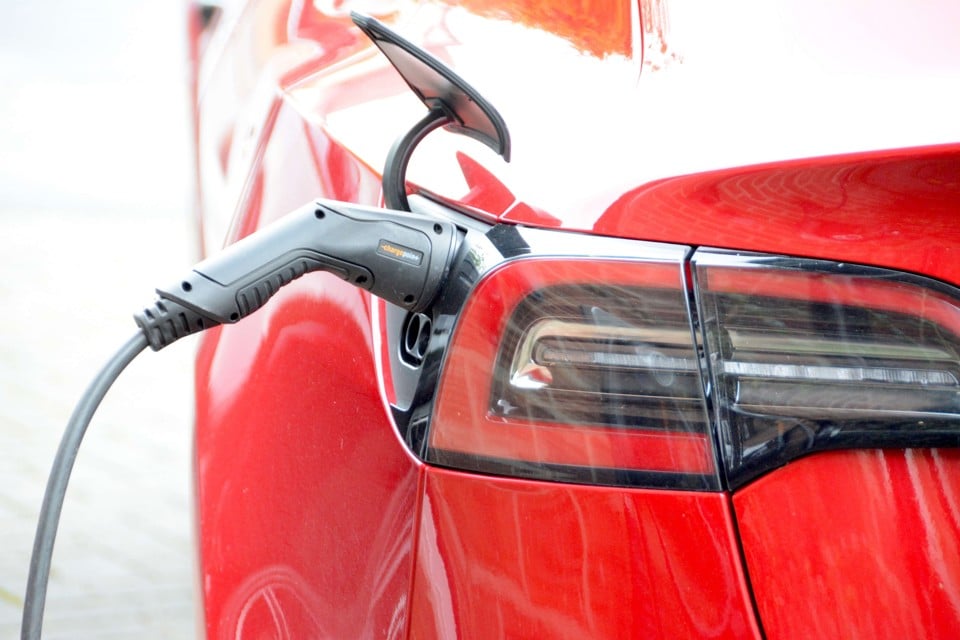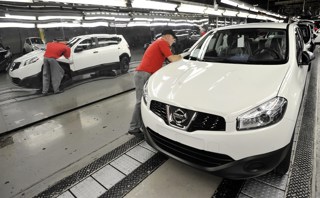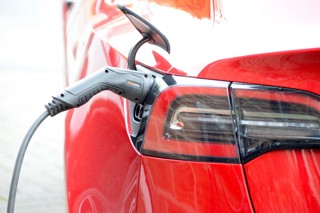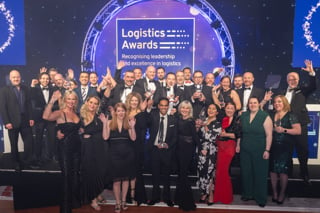The Government has published its long-awaited transport decarbonisation plan, which includes proposals to end the sale of new heavy vans and trucks powered by fossil fuels and electrifying the Government fleet.
Ministers are proposing a 2035 end date for the sale of new internal combustion engine (ICE) vehicles weighing from 3.5 to 26 tonnes and 2040 for vehicles weighing more than 26 tonnes.
It has previously said that it will end the sale of new petrol and diesel cars and vans by 2030, with hybrids banned from 2035.
The transport decarbonisation plan also sets out how the Government intends to improve public transport, creating a net zero rail network by 2050, ensuring net zero domestic aviation emissions by 2040 and leading the transition to green shipping.
Transport secretary Grant Shapps said: “Transport is not just how you get around. It is something that fundamentally shapes our towns, cities and countryside, our living standards and our health. It can shape all those things for good or for bad.
“Decarbonisation is not just some technocratic process. It’s about how we make sure that transport shapes quality of life and the economy in ways that are good.
“It’s not about stopping people doing things: it’s about doing the same things differently. We will still fly on holiday, but in more efficient aircraft, using sustainable fuel. We will still drive, but increasingly in zero emission cars.
“The Transport decarbonisation plan is just the start – we will need continued efforts and collaboration to deliver its ambitious commitments, which will ultimately create sustainable economic growth through healthier communities as we build back greener.”
Asher Bennett, founder and CEO of Tevva, believes a ban on the sale of smaller diesel trucks from 2035 and larger ones from 2040 is the "right course of action" given that heavy goods vehicles (HGVs) account for arund 18% of road transport emissions in the UK.
However, he said: "It is now critical for investors and Government to back electric truck solutions which meet the unique needs of fleet operators in an economically viable way.
"Unlike cars, which are used on average for 1.5 hours per day and buses that run on dedicated routes, freight trucks face different challenges when it comes to electrification, such as the requirement to work 8-12 hours per day across varied routes, environments and distances.
"Not every electric truck manufacturer on the market has considered this requirement, creating a potentially expensive problem for fleet operators further down the line."
The Government has also announced that it will bring forward the target date for the whole central government fleet of 40,000 cars and vans to be fully zero emission by 2027, three years earlier than previously planned.
Furthermore, it has committed to introducing legislation later this year to ensure that all new private electric vehicle (EV) charge points meet smart charging standards.
Elizabeth de Jong, director of policy at Logistics UK, said: “The transport decarbonisation plan will help to provide logistics businesses with confidence and clarity on the steps they must take on the pathway to net zero.
“Consultation on proposed phase out dates for new diesel HGVs should enable business to move forwards with confidence.
“Rail, shipping and aviation are all essential parts of logistics, so plans to support freight modal shift and develop technologies to reduce emissions across these modes are welcome.”
The Government has published a green paper setting out the regulatory framework requiring vehicle manufacturers to improve the fuel efficiency of new cars, vans and HGVs, including consulting on the possible introduction of a new phased industry mandate for zero emission vehicles.
It is also publishing a 2035 delivery plan, which brings together all of the measures for decarbonising cars and vans, from across Government, into a single document. It outlines the key timelines, milestones and how progress towards the commitment to deliver mass ownership of zero emission cars and vans will be monitored.
BVRLA chief executive Gerry Keaney said: “We welcome the publication of these plans, which provides a clearer picture of where we are and where we need to get to on the road to net zero.
“BVRLA members will play a vital role in this journey, enabling millions of individuals and businesses to embrace zero emission road transport and switch to more sustainable forms of mobility.
“There will be many important milestones along the way and we will continue to work with government and other stakeholders in achieving them.”
Chris O’Shea, group chief executive at Centrica, added: “As an organisation that has committed to a fully electrified fleet by 2025, the Government’s introduction of plans to mandate electric vehicle production in the UK is music to our ears."
However, he said: "While there are some positive steps around charging infrastructure in the plan, we feel it’s absolutely vital that large sections of society aren’t left behind simply because they don’t have a driveway.
"We need to see a substantial increase of on-street chargers in built-up areas, chargepoints at work and leisure destinations, and rapid charging across the UK’s motorway network.
“It’s vital that Government and business work together to deliver a cleaner transport network that’s both affordable and convenient for consumers.”
Read more about the Government plans in the July edition of Fleet News, published next week.























Login to comment
Comments
No comments have been made yet.